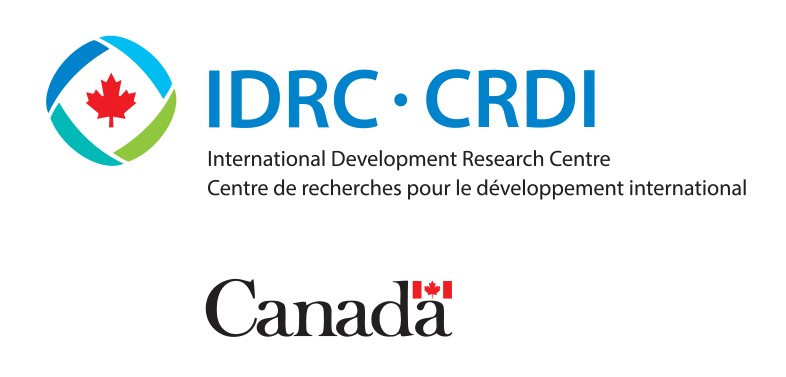"Unlocking the Power of Big Data: Revolutionizing Healthcare for Improved Patient Outcomes"


Introduction: The Role of Big Data in Healthcare

The healthcare industry is undergoing a major transformation thanks to big data. With the help of advanced analytics and machine learning, healthcare professionals now have access to vast amounts of patient data, allowing them to make more informed decisions and improve patient outcomes. This has led to a revolution in the way healthcare is delivered and managed.
Market Growth and Key Drivers of Healthcare Big Data
According to a recent report by Grand View Research, the global healthcare big data market is expected to grow rapidly, reaching $67.8 billion by 2025. The report cites the increasing adoption of electronic health records (EHRs) and the growing demand for personalized medicine as key drivers of this growth. As more healthcare organizations invest in big data, we can expect to see even greater advancements in patient care.
Disease Diagnosis and Prevention
Big data is having a major impact on disease diagnosis and prevention. By analyzing large datasets of patient records, healthcare professionals can identify patterns and risk factors that may be missed through traditional diagnostic methods. For example, big data has been used to identify genetic markers that indicate a higher risk of breast cancer, enabling doctors to develop more targeted screening and prevention strategies. As we continue to collect and analyze more data, we can expect even greater advancements in disease diagnosis and prevention.
Drug Development
Big data is also transforming drug development. Pharmaceutical companies are using machine learning algorithms to sift through vast amounts of data and identify potential drug targets more quickly and accurately than ever before. This not only speeds up the drug development process but also improves the chances of success for new drugs. As big data becomes more widely adopted in drug development, we can expect to see even more innovative and effective treatments.
Challenges in Implementing Big Data in Healthcare: Privacy and Security
Despite the many benefits of big data in healthcare, there are also challenges that must be addressed. One of the biggest challenges is data privacy and security. Healthcare data is highly sensitive, and the potential for data breaches can put patient privacy at risk. To address this issue, healthcare organizations must implement robust security measures and adhere to strict data privacy regulations. Failure to do so can have serious consequences for both patients and healthcare organizations.
Challenges in Implementing Big Data in Healthcare: Talent and Training
Another challenge is the need for skilled data analysts and machine learning experts. As the demand for big data in healthcare continues to grow, so does the need for professionals with the skills to analyze and interpret large datasets. Healthcare organizations must invest in training and education programs to ensure they have the talent necessary to harness the power of big data. Without skilled professionals, the potential benefits of big data in healthcare cannot be fully realized.
Conclusion:
Big data is revolutionizing the healthcare industry, enabling healthcare professionals to make more informed decisions and improve patient outcomes. While there are challenges that must be addressed, the potential benefits of big data in healthcare are significant. As we continue to collect and analyze more data, we can expect even greater advancements in disease diagnosis, drug development, and personalized medicine. By investing in data privacy and security, as well as talent and training, healthcare organizations can fully harness the power of big data and deliver even better patient care.
Sources:
Grand View Research. Healthcare Big Data Market Size, Share & Trends Analysis Report:
Big Data Market Size, Share, Trends | Industry Research Report, 2025 (grandviewresearch.com)
Forbes. How Big Data is Changing Healthcare:
How Big Data Is Changing Healthcare (forbes.com)
Why Health Care May Finally Be Ready for Big Data
Why Health Care May Finally Be Ready for Big Data (hbr.org)
Written by:
 Mohammed Gomaa is a Data Science Researcher and an Artificial Intelligence Engineer. Who also has experience in developing web applications. Currently, he serves as the CTO at a group of companies in Saudi Arabia. In addition, he is a certified computer science lecturer by the National Education Network and the Saudi Ministry of Education, as well as, a Microsoft expert in education development.
Mohammed Gomaa is a Data Science Researcher and an Artificial Intelligence Engineer. Who also has experience in developing web applications. Currently, he serves as the CTO at a group of companies in Saudi Arabia. In addition, he is a certified computer science lecturer by the National Education Network and the Saudi Ministry of Education, as well as, a Microsoft expert in education development.

